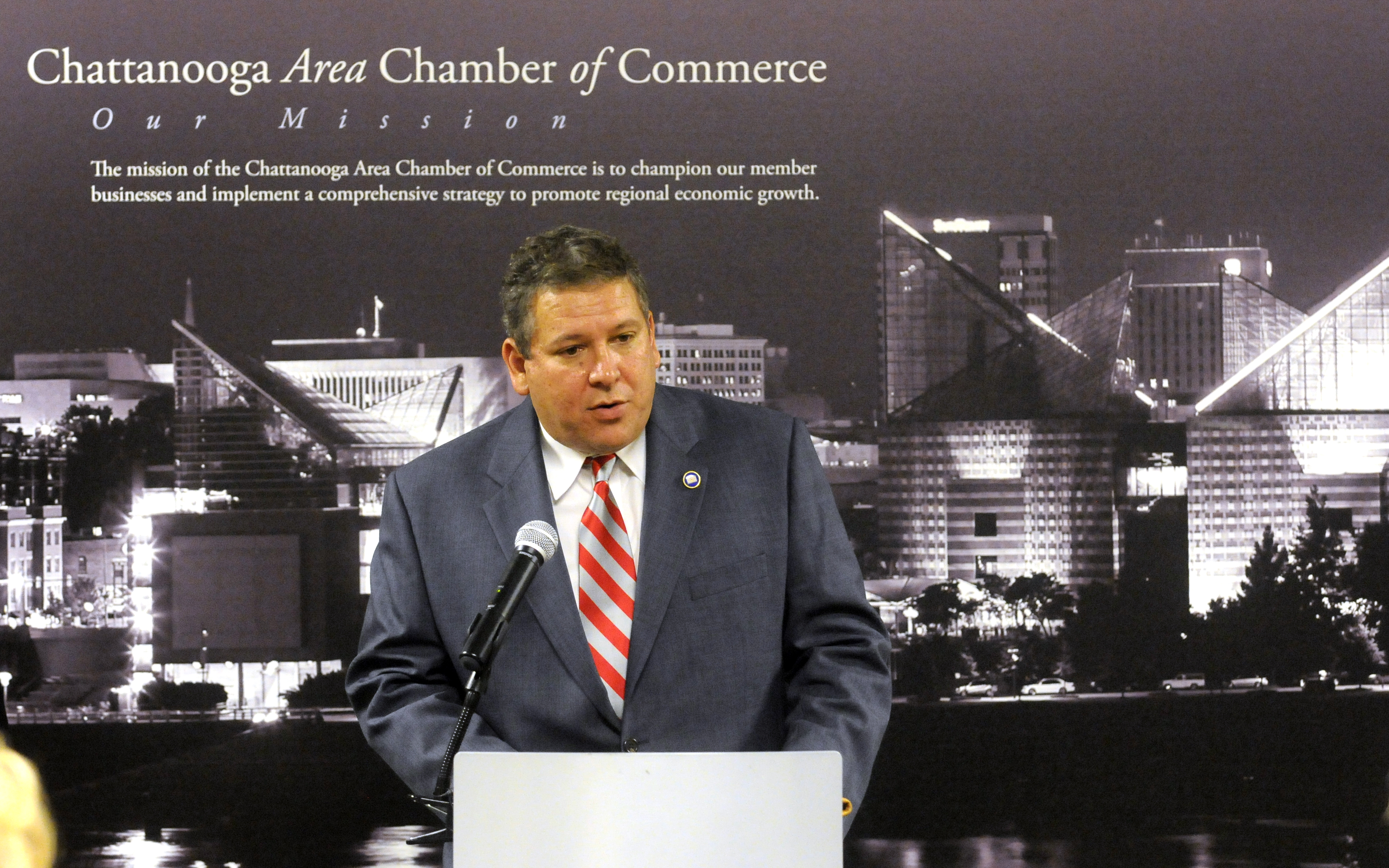Opinions differ on whether former Tennessee Gov. Phil Bredesen was right to offer online retailer Amazon an exemption on Tennessee sales tax collections if the company would build two multimillion-dollar distribution centers in Hamilton and Bradley counties.
Some felt the deal gave an undue advantage to Amazon compared with "brick-and-mortar" stores in Tennessee that must collect sales taxes. They even questioned whether the sales tax exemption was permitted by law.
Others believed Bredesen was justified in offering the deal to Amazon to get it to build here.
There is nothing wrong, of course, with debating the pros and cons of particular incentives that a state may use to attract business. But alarmingly, some opponents of the sales tax deal did not merely express opinions against it. They actually wanted Tennessee to go back on its word and force Amazon to collect sales taxes once the distribution centers in Hamilton and Bradley counties open.
Fortunately, current Gov. Bill Haslam seemed to understand that it would endanger Tennessee's reputation in the business community if our state reneged on the deal. He supported the sales tax deal previously negotiated by Bredesen.
However, he did engage in productive discussions with Amazon about eventually collecting sales taxes on items sold to Tennessee customers. He made it clear back in August, though, that he was seeking to have Amazon collect those taxes voluntarily, not in violation of the original agreement.
Amazon has now agreed to a compromise and will begin collecting sales taxes on Tennessee purchases in 2014, pending legislative approval of the compromise.
Even better, Amazon says it will build two more distribution centers in Tennessee and hire 1,500 to 1,700 full-time employees for them -- on top of 1,500 full-time workers anticipated at the Hamilton and Bradley County sites. Its total investment in the state would come to $350 million.
That compromise is far better than simply scrapping the sales tax exemption deal, as some wanted to do. After being granted the exemption, Amazon had invested a lot of time and money in the construction of the distribution centers here. It would have been unjust simply to declare the tax deal that brought Amazon here null and void.
And reneging on the deal would have sent a negative message to other companies around the country and around the world. Tennessee cannot afford to gain a reputation for offering incentives to companies that might want to come here, then suddenly withdrawing those incentives after the companies are heavily invested in our state. That is a surefire way to get potential investors to take their business to states that will stand by their word.
It is sensible to debate what incentives companies should be offered when they are considering investing in Tennessee. But Tennessee must not risk its good reputation by going back on its word after incentives have been offered and accepted.
